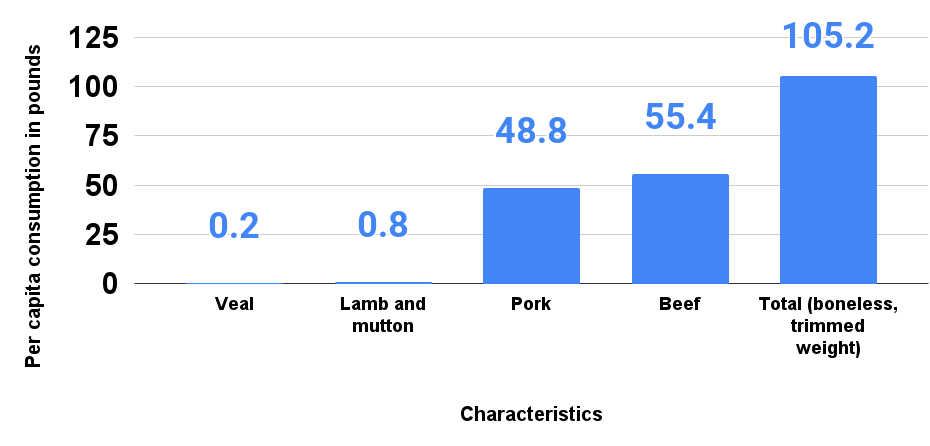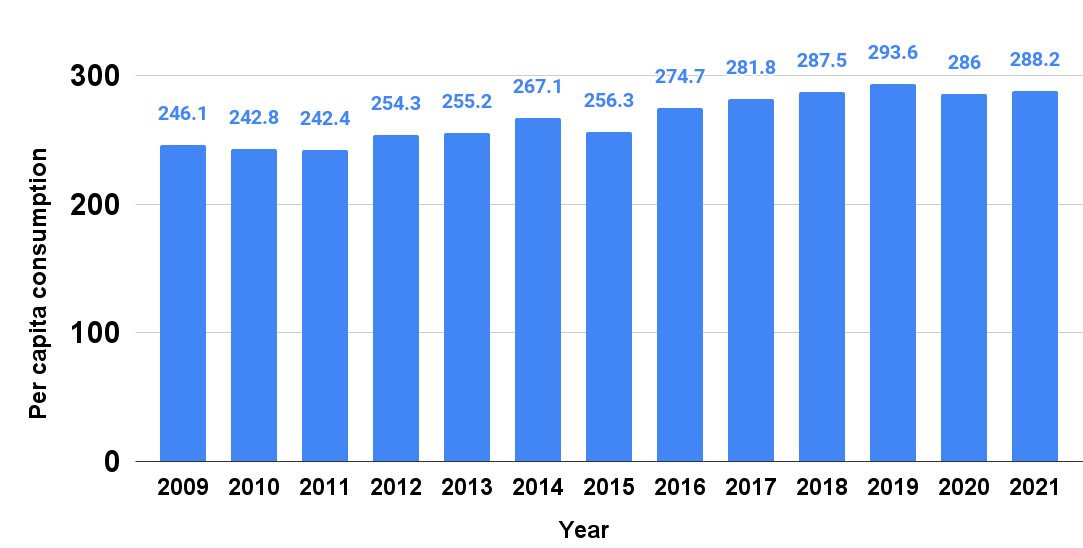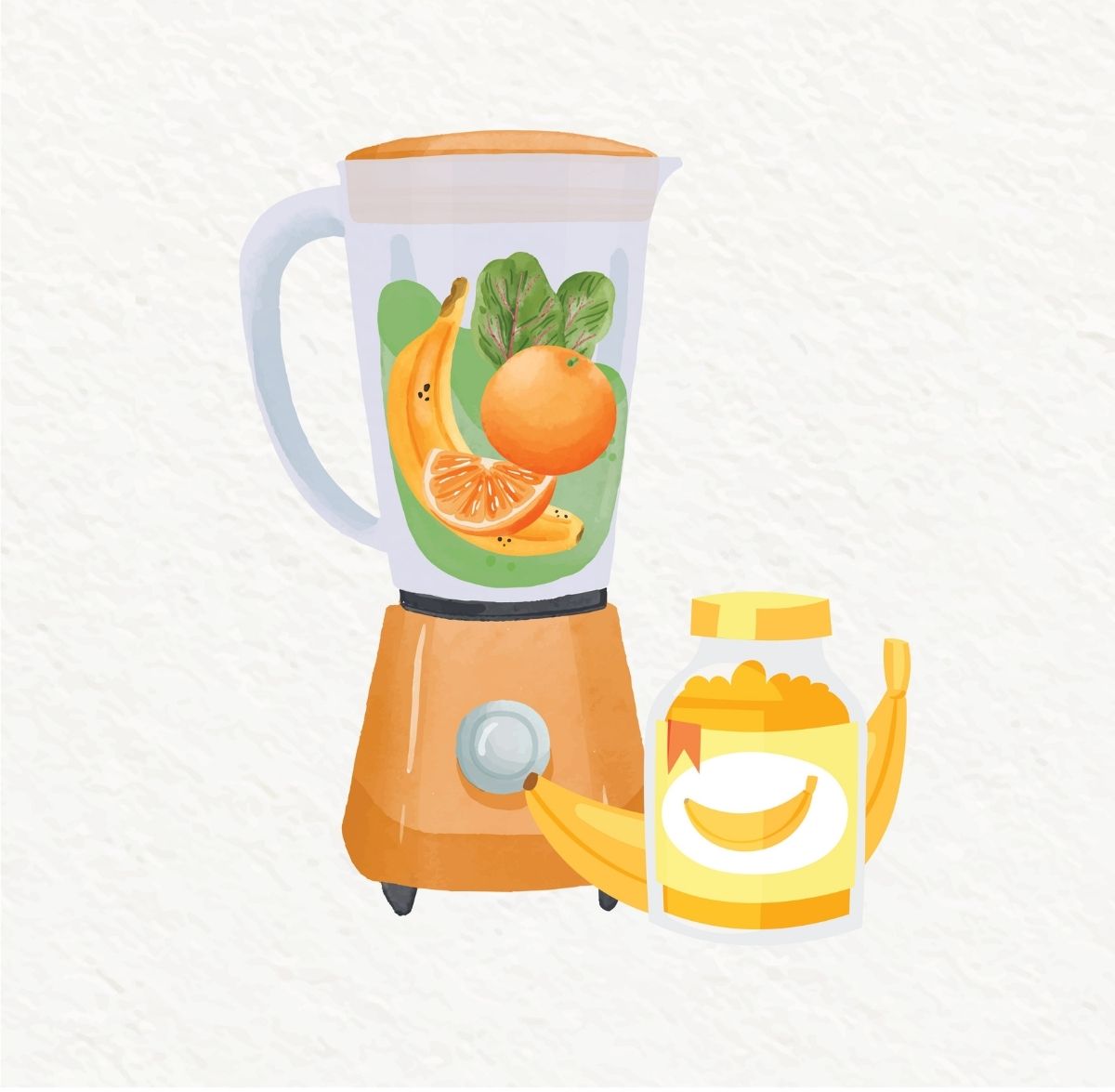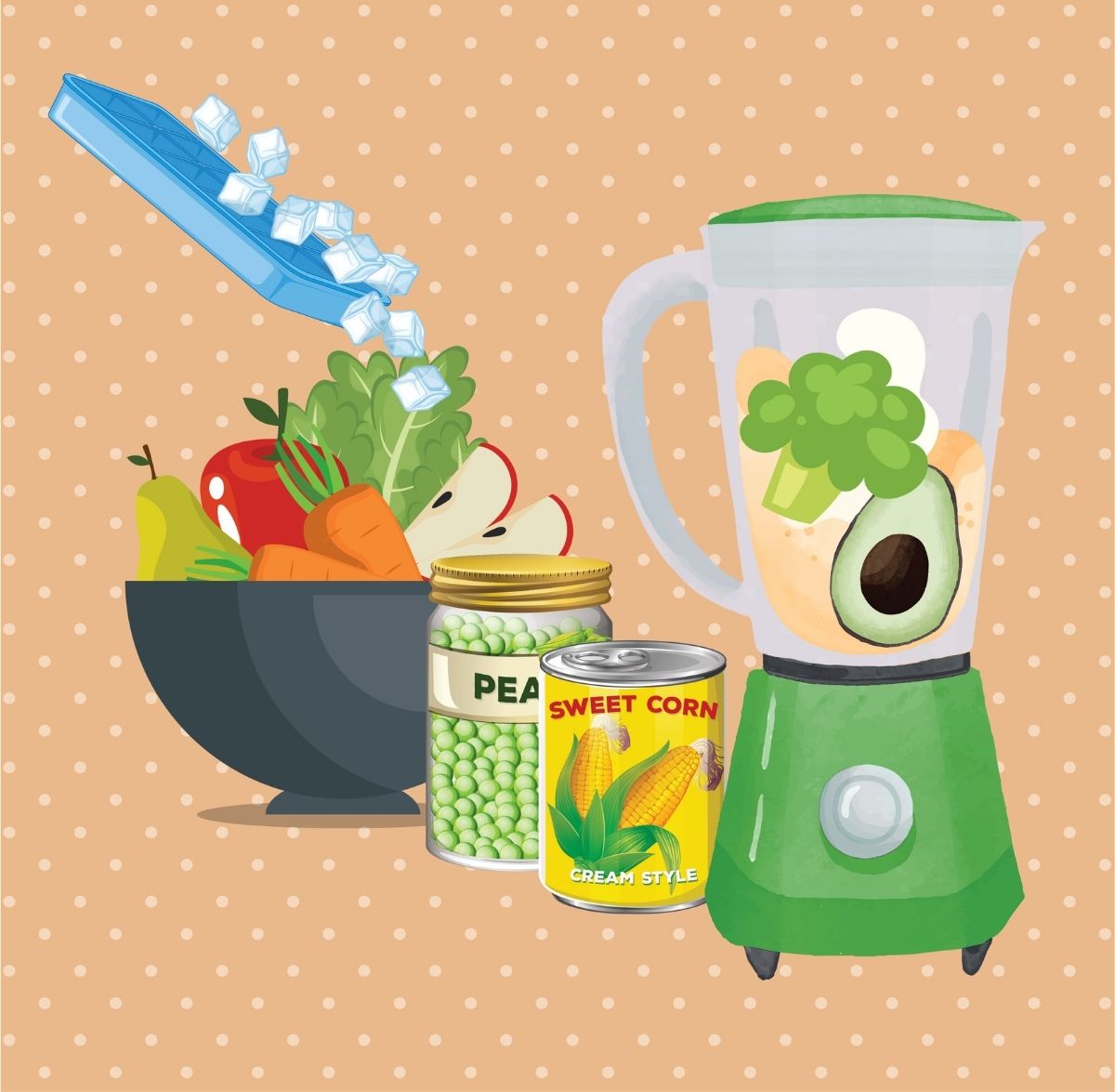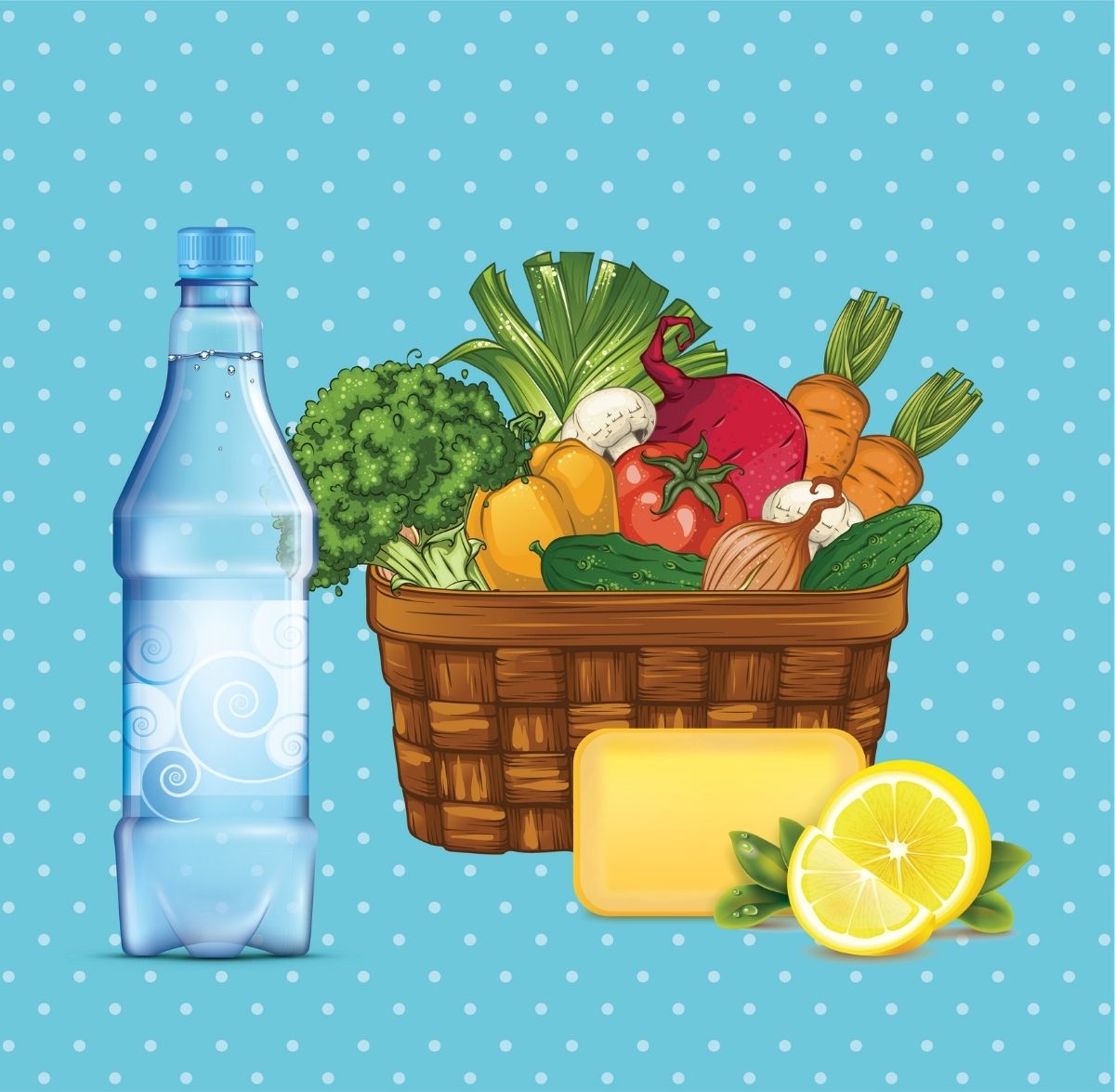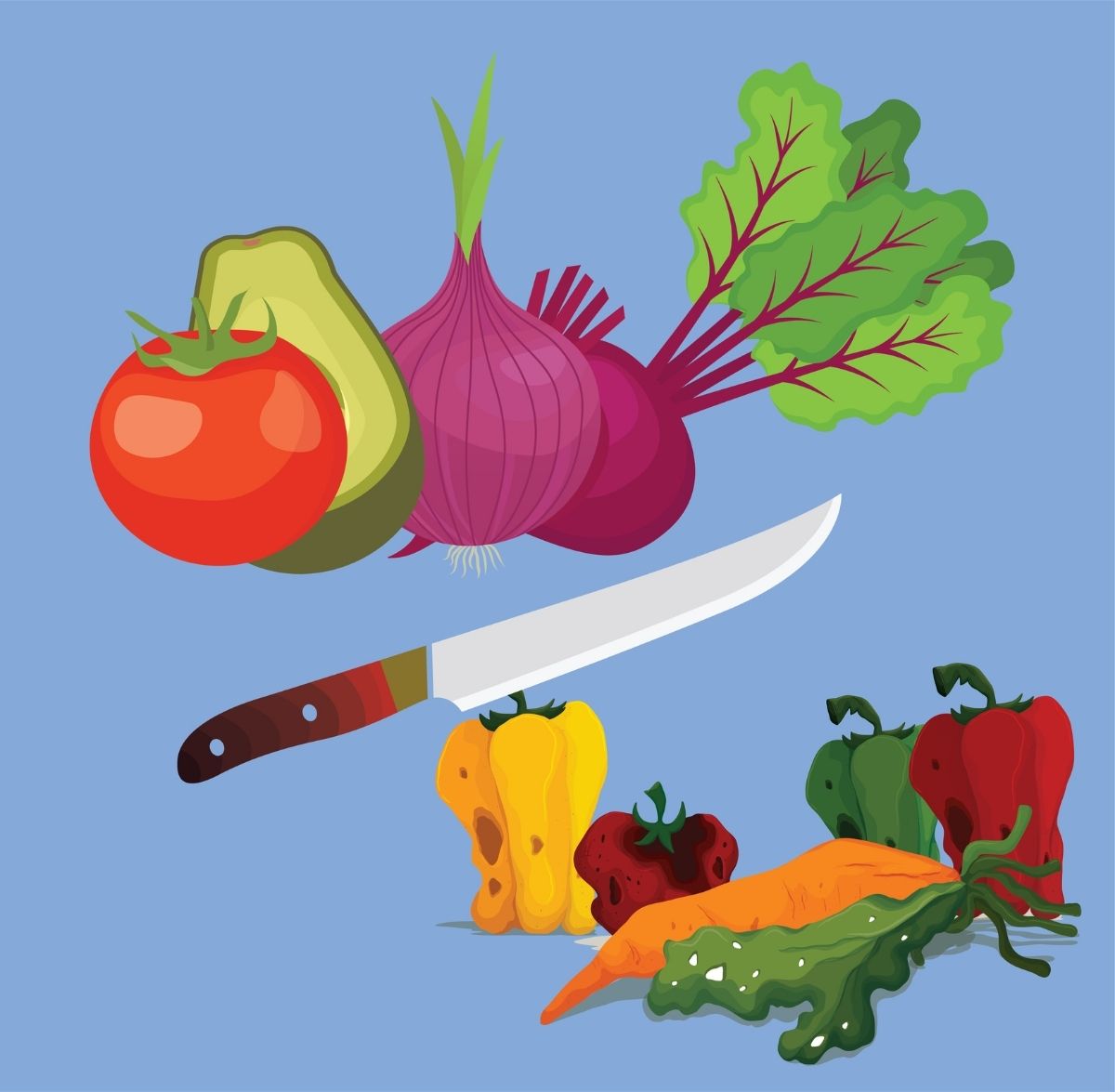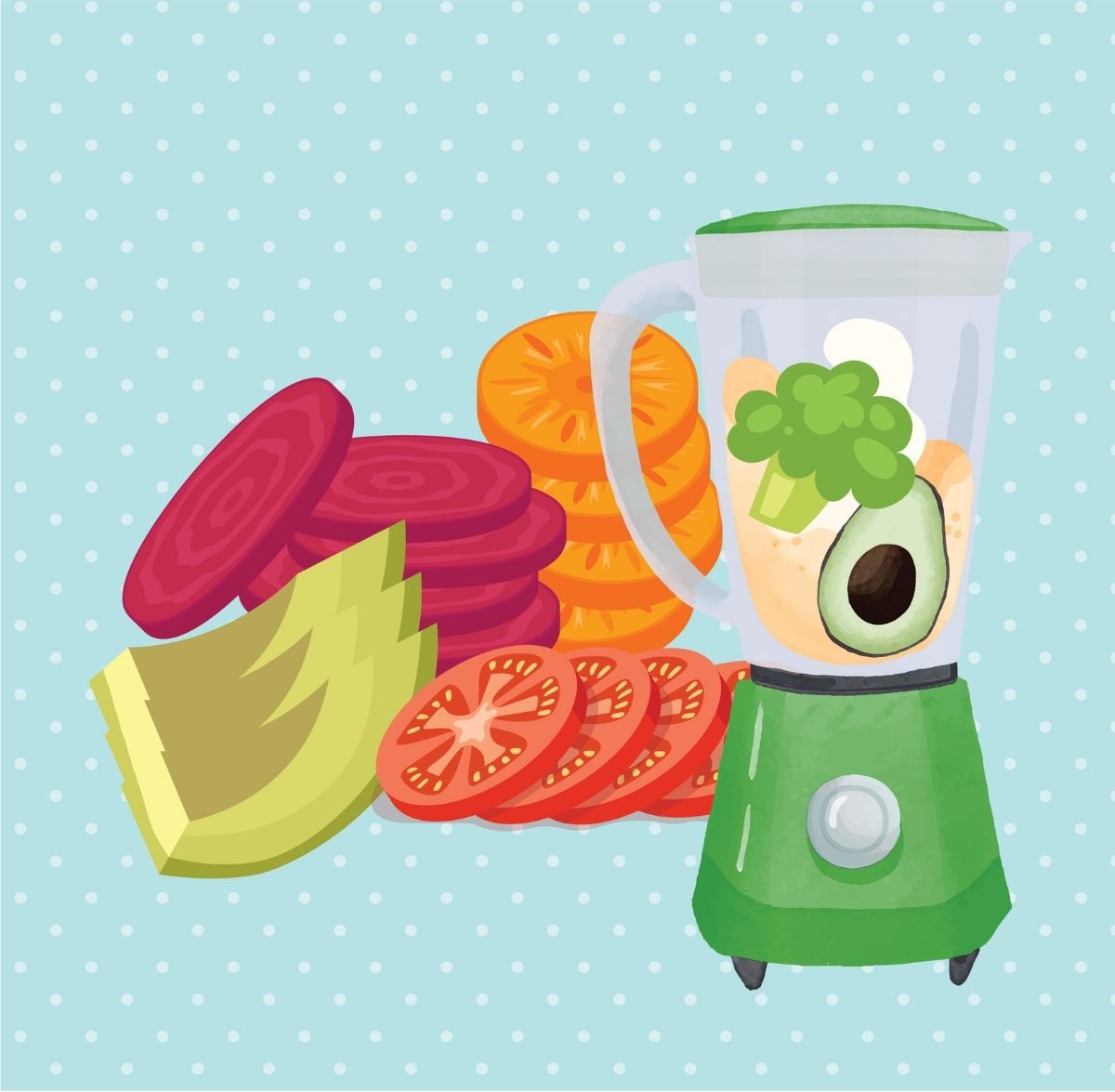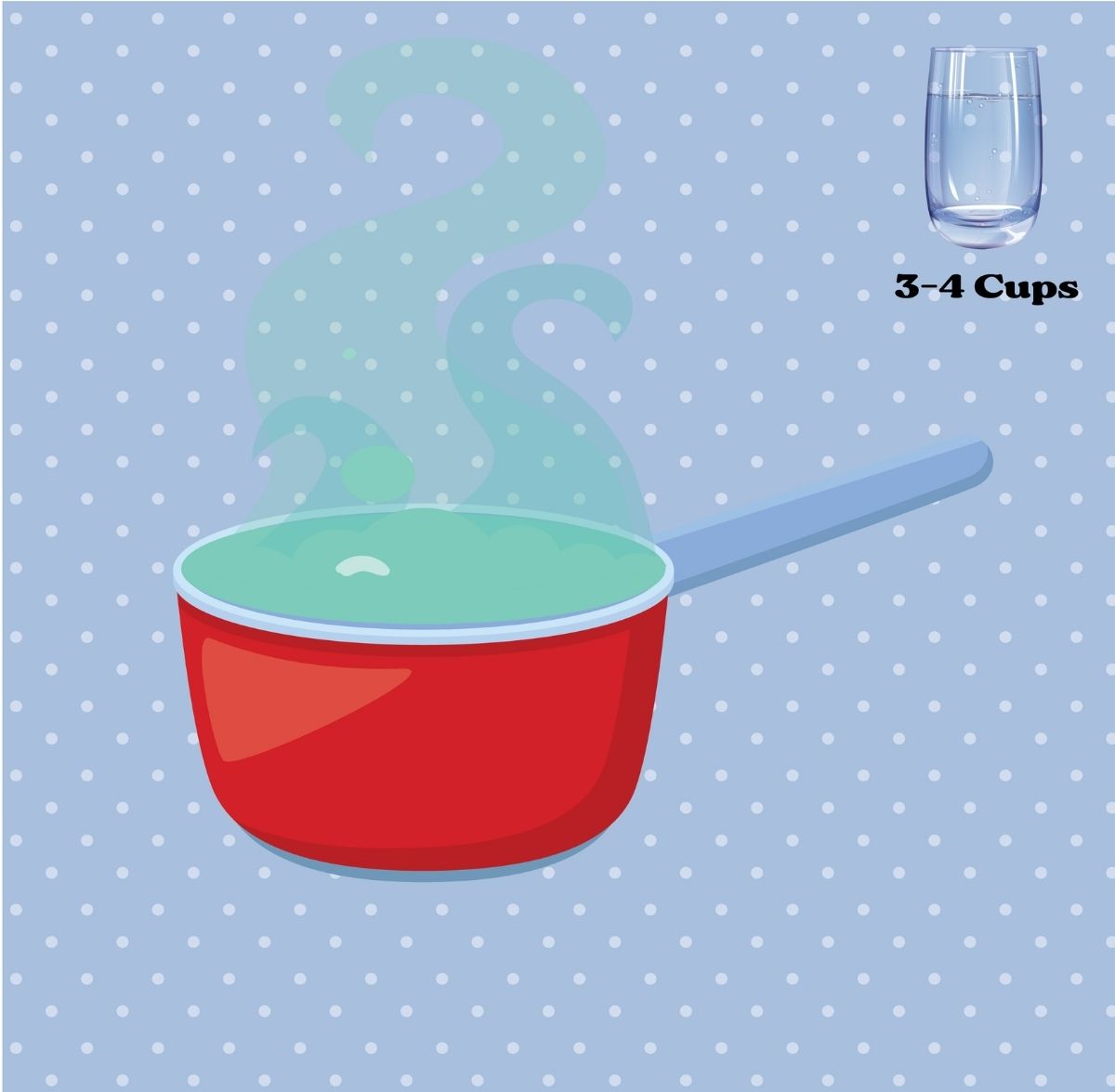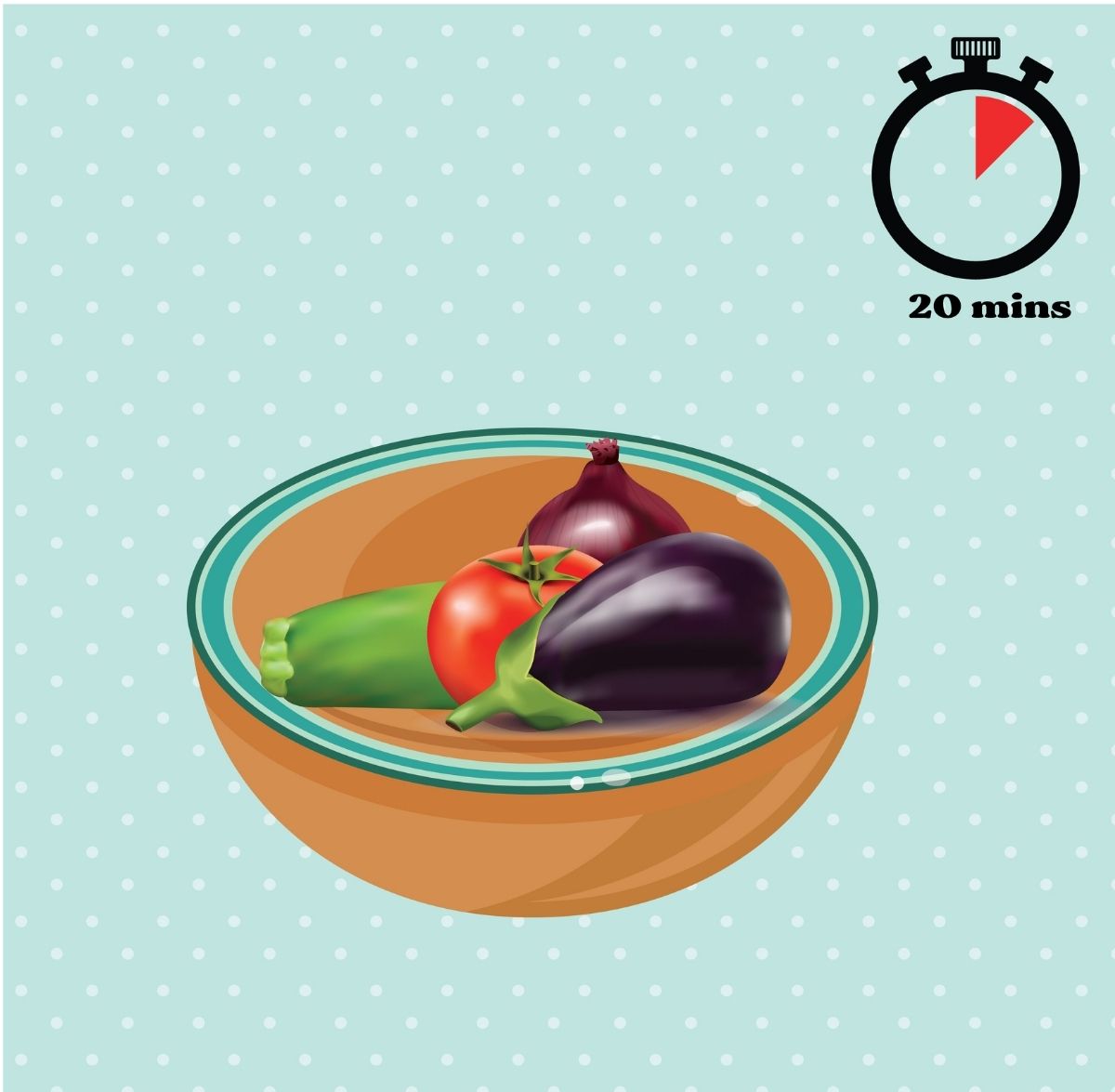- Of all the kitchen appliances available on the market today, the one that doesn’t get as much regard as the others is the blender. In this article, to make you more aware of how you can put your blender to good use, we’re going to be looking at how to puree food using a blender, since knowing how to puree with a blender is another way to maximize your blender’s functionalities.
- There’s no point in knowing how to puree in a blender without being aware of what foods you can puree. When it comes to using a blender, a lot of folks get a lot of things wrong, hence, they don’t get the best value for their money even when they think they do, after all, as long as they’re concerned, they are doing everything right. Apart from guiding you on the best way to puree food, we’re also going to discuss the different foods you can puree so you can be aware of them.
It’s a great time in the world at the moment because we are moving into a fully-fledged tech mode that everyone will benefit from in the next few years. We are already experiencing big changes compared to how things were a few years ago. It’s safe to say we’re in a better place as technology is impacting everything that concerns us from work to our domestic lives. With the latter, we’ve already seen some big changes being made in regards to the appliances available to us at home, including kitchen appliances.
When blenders were first introduced for commercial and domestic purposes, they were only meant to help our overall health, a role they duly fulfilled, but top blender manufacturers knew they could do more than that. Without compromising on its basic responsibility, a blender’s responsibilities go beyond making milkshakes and smoothies. The blenders in production today can be tasked with handling more complex jobs like crushing ice, processing frozen drinks, processing tough ingredients, and pureeing different foods, which is what we’re going to be talking about in this article.
Looking for the best puree blenders? Check out this article on the best blenders to puree food.
Just like blenders, pureed foods don’t also get as much recognition as everything else made in a blender. Naturally, pureeing food gives you a different way to have your food away from the conventional methods of eating which are more popular. According to Lisa A Young of Eat Speak Think, chewing and swallowing foods that are regarded as regular efficiency requires a great level of strength because a lot can go wrong in the process that can affect the swallowing process.
Medically, consuming pureed food helps you avert the risk of choking on solid foods into the lungs. Some people with some underlying medical conditions also struggle to eat solid foods due to a lack of strength and coordination. As a result, these people are always placed on pureed foods because they have minimal risk and these are foods they can comfortably consume.
With pureed foods, you don’t have to boast the strength or coordination to chew, and they also help you reduce the risk of choking as they are not likely to be stuck in your throat after swallowing. That’s not to say pureed foods are always safe for every situation. This is why it’s highly advised for you to consult your doctor for a proper evaluation.
Knowing how to make purees will not only help improve your overall health but also gives you the chance to get more creative with whatever food you try to process in your blender. Experts would recommend a food processor as the most ideal tool for pureeing, but the machine is not as versatile as blenders which can also do the job comfortably. Ninja blender puree setting is what you’ll have access to when you invest in a powerful blender such as Ninja.
Apart from food processors and blenders, two of the best food processing machines for different mixing tasks, you can also use a nutrient extractor such as the NutriBullet to puree food, especially when you’re using fresh fruits and vegetables. In this article, we’re focusing on how to puree food without a food processor and how to puree with a Ninja blender or any other high-performance blender. You can use any of the aforementioned machines to puree food, but we highly recommend high-performance blenders that have enough power to crush ingredients to give you the consistency and texture you need.
What does puree mean on a blender?
According to the International Dysphagia Diet Standardization Initiative, an organization that gives the best recommendations on the best diets to eat, pureed foods are simply foods that don’t require chewing. The quality of pureed foods is largely dependent on how they are prepared. People are yet to get familiar with the whole concept of pureed food, because even when you mash potatoes, it may not qualify as pureed food if it has lumps in it.
In other words, pureed foods are foods that have a smooth texture with no lumps that are also not sticky. Some of the criteria that qualify your food as a puree is when it;
- Is not sticky at all.
- Is not separate from liquids.
- Does not need to be chewed.
- Can be eaten with a spoon.
- Holds shape on a spoon.
What foods should you not puree with a blender?
As much as knowing how to make pureed food is great, you need to be aware of what ingredients you should avoid when you’re making the perfect puree even if you’re using one of the best puree blenders. Ideally, the best foods for puree aren’t sticky or hard, so you should always look to avoid foods like these whenever you’re trying to puree food. Going ahead to puree them knowingly or unknowingly will not only damage your blender if you’re using an ordinary countertop blender that doesn’t boast the strength of high-performance blenders, but also the texture you get out of the whole process at the end of the day.
That doesn’t mean these foods are entirely forbidden to be pureed, only that you need to get your hands on the right tool, most likely a food processor or a high-performance blender. With the right equipment, some of these ingredients can be processed and you’ll be left with great results at the end of the day. You just need to study your machine well by reading the instructions to know if it can process hard ingredients like the ones below;
- Grapes
- Crispy bacon
- Hard candy
- Potato chips
- Popcorn
- Dried fruits
- Raw vegetables
- Dry cereals
- Nuts
- Seeds
- Dry bread
What foods can you puree in a blender?
Myhealth Alberta thinks pureeing is an amazing way to change solid foods into a smooth texture without lumps or sticks to make consumption very easy, comfortable, and convenient. The whole idea of turning solid foods into a smoother texture is to make your foods easier to swallow by not being able to chew them. The consistency you get at the end of the day will be a result of your preparation. If the texture is not appealing enough, you can add more food to adjust the texture. Some of the foods you can puree in a blender include;
- Cooked rice
- Cook meat
- Cottage cheese
- Ice cream
- Canned fruits
- Ripe avocados
- Ripe bananas
- Cooked cereals
- Cooked pasta
- Yogurt
- Cooked chicken
- Cooked potatoes
- Cooked fish
The consumption of boneless red meat in the United States has increased greatly over the past few years despite the growing concerns over how healthy it is for the human body. We were able to make the chart above using the information provided by M. Shahbandeh earlier this year, and it shows the per capita consumption of boneless red meat in the United States in 2019 by type. The report shows that the U.S. per capita consumption of boneless red meat amounted to a total of 55.4 pounds in 2019.
The egg industry in the United States has experienced steady growth over the past few years as the total number of laying hens in the United States has also increased greatly. In 2018, Iowa was rated as the U.S. state with the most laying hens, with the total numbers standing at 57.5 laying hens. As a result of the increased demand for eggs in the past few years, egg consumption in the country has also increased. In 2009, the per capita consumption stood at 246 eggs, meaning an average person in the country consumed 246.1 eggs only in 2009. The estimated value, according to M. Shahbandeh of Statista, for 2021 is projected to stand at 288.2 eggs per capita.
How to puree food using a blender
If you know how to puree with a Ninja blender or any other blender, then you’re more than likely to be familiar with every process involved in making great pureed foods. We’re going to be discussing how to puree food for adults as well as babies in our step-by-step guide below.
How to puree vegetables
Consumption of vegetables in the United States has taken a dip in the past few years, and one of the best ways to help create more awareness for the importance of vegetables in the body is to know how to puree vegetables, turning them into something you can easily consume without having to chew them. Naturally, vegetables have enough nutrients that are very important to our overall health. The best way to puree vegetables is to cook them before you start processing them. Check below for the step-by-step guide on how to puree vegetables.
Prepare your vegetables
STEP 1: The first step involved in pureeing vegetables is to choose the right vegetables to use. Experts always advise opting for fresh and ripe vegetables because they always give the best results. Make sure the vegetables are firm and have bright colors without bruising or soft spots. Frozen or canned vegetables may be ideal for purees, but they don’t always give the best results because you won’t get the best nutritional value out of them at the end of the day.
STEP 2: After choosing the right vegetables, the next thing is to wash the vegetables thoroughly under running water. You can also invest in vegetable cleansers that are safe to be used with your vegetables.
STEP 3: If your vegetable needs to be peeled, make sure you cut both the top and bottom end with a knife and remove bruised parts.
STEP 4: Cut the vegetables into small and thin slices so they’ll be easier to be processed. This way, your puree will come out great.
Cook your vegetables
STEP 1: The first step to take when cooking your vegetables is to boil some water in a large saucepan. According to a WikiHow post, you don’t have to fill the large saucepan up. Ideally, three to four cups of water are enough.
STEP 2: As soon as you add the water to the saucepan, bring it to boil and add your vegetables to a steamer basket, and put the basket inside the saucepan. Steam the vegetables for about 20 minutes until they become completely soft.
STEP 3: Once the 20-minute steam time elapses, transfer the vegetable to a different bowl.
Puree the vegetables
Add 1 cup of the cooked vegetable into the blender at a time and blend in batches until you get a smooth texture.
Frequently Asked Questions
1. What is the best blender to puree meat?
There are lots of powerful blenders on the market right now, and some of the top brands include Vitamix, Blendtec, Ninja, and Oster.
2. Can you puree in a blender?
Yes, it’s possible to puree in a blender as long as you have the right tools such as a powerful blender. You also need to cook your ingredients to be very soft before you start to puree them.
3. Can you puree with a hand mixer?
Immersion blenders are also great machines to puree different foods including meat, vegetables, and many others.
Conclusion
The knowledge of how to puree food using a blender is essential for everyone who loves to be in the kitchen trying different things. It’s also a great way to maximize your blender’s functionalities which many people are still yet to understand. We’ve discussed the different steps involved in pureeing food using vegetables as our point of focus.
42 MINUTES
ESTIMATED TIME DESIGNING AND UPLOADING THIS ARTICLE
10 HOURS 32 MINUTES
ESTIMATED TIME RESEARCHING AND WRITING THIS ARTICLE
You Might Also Like

